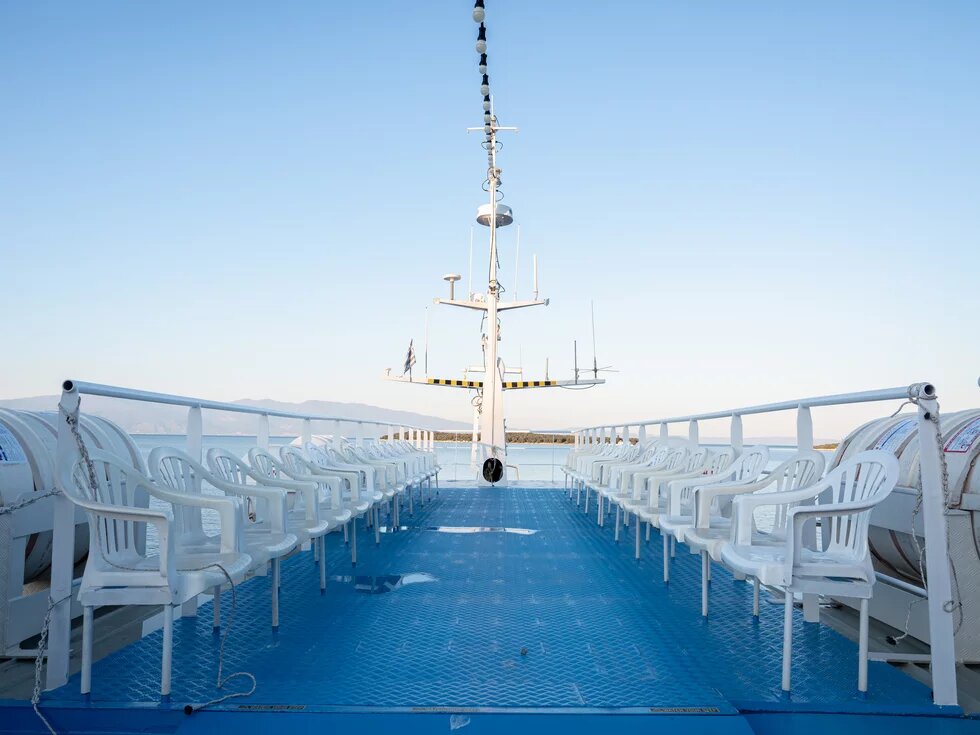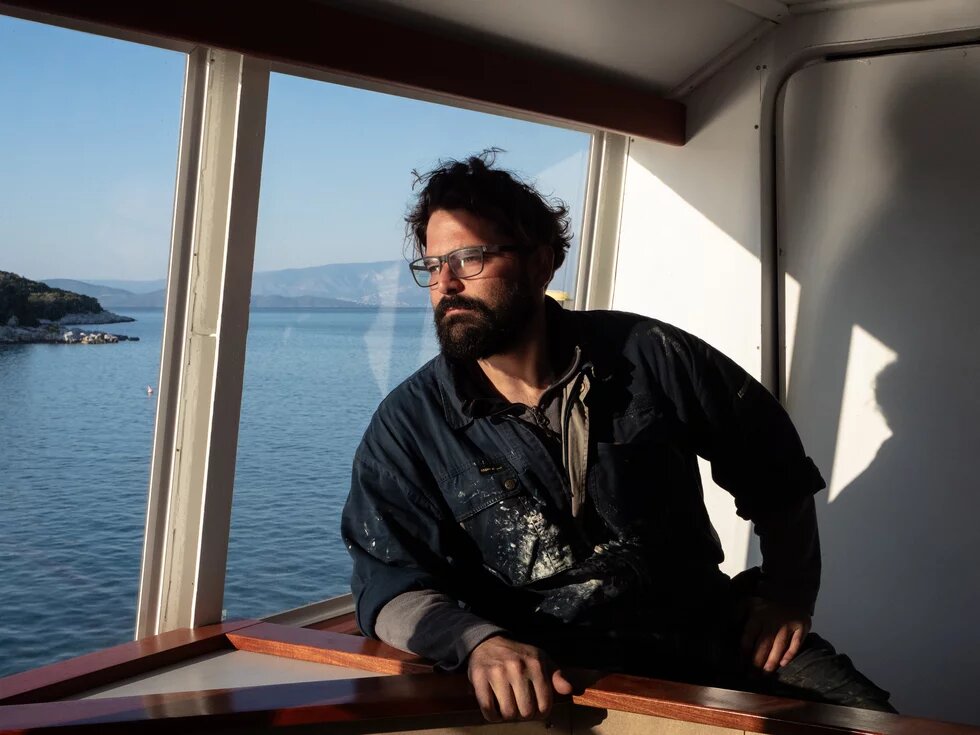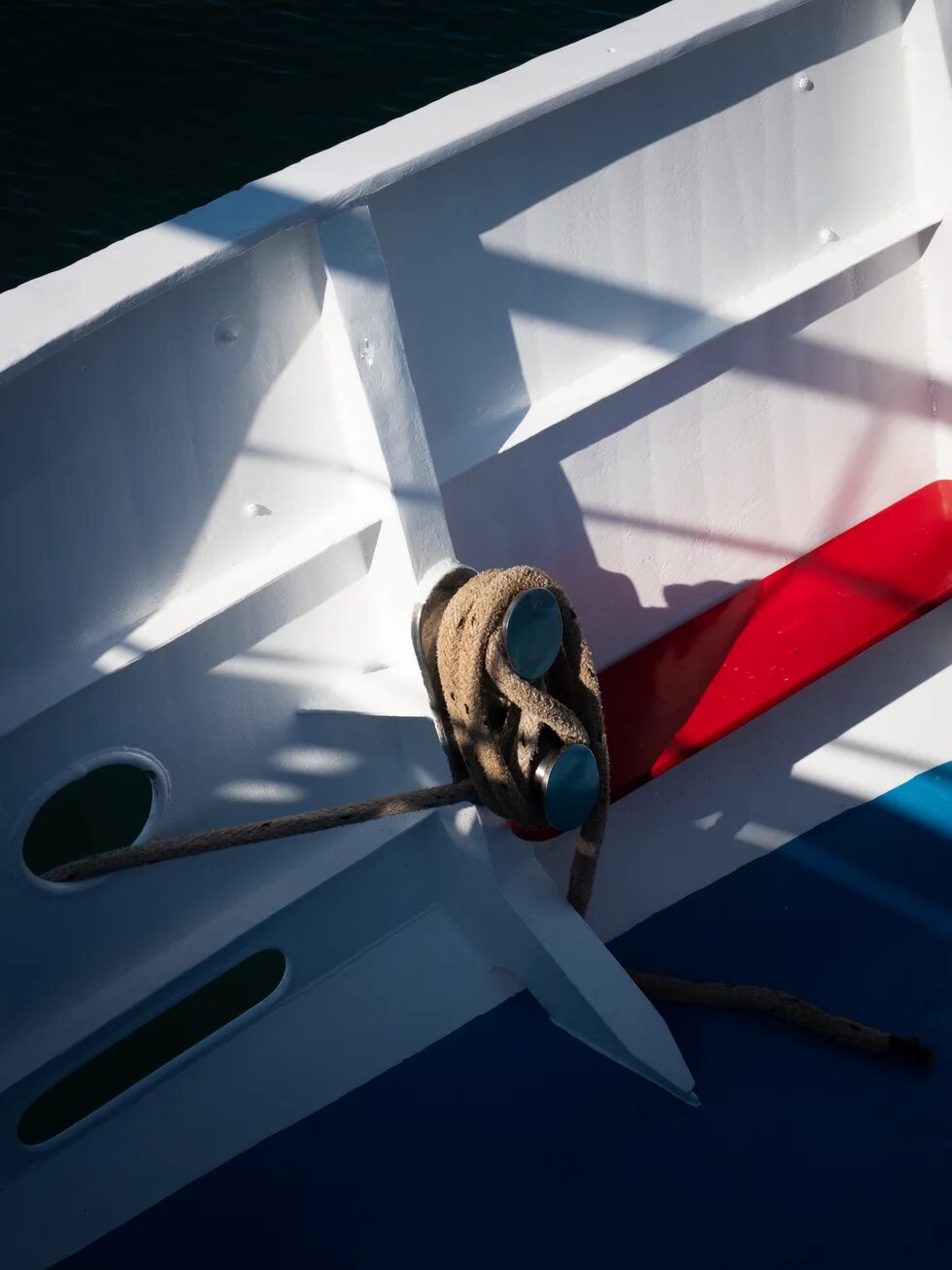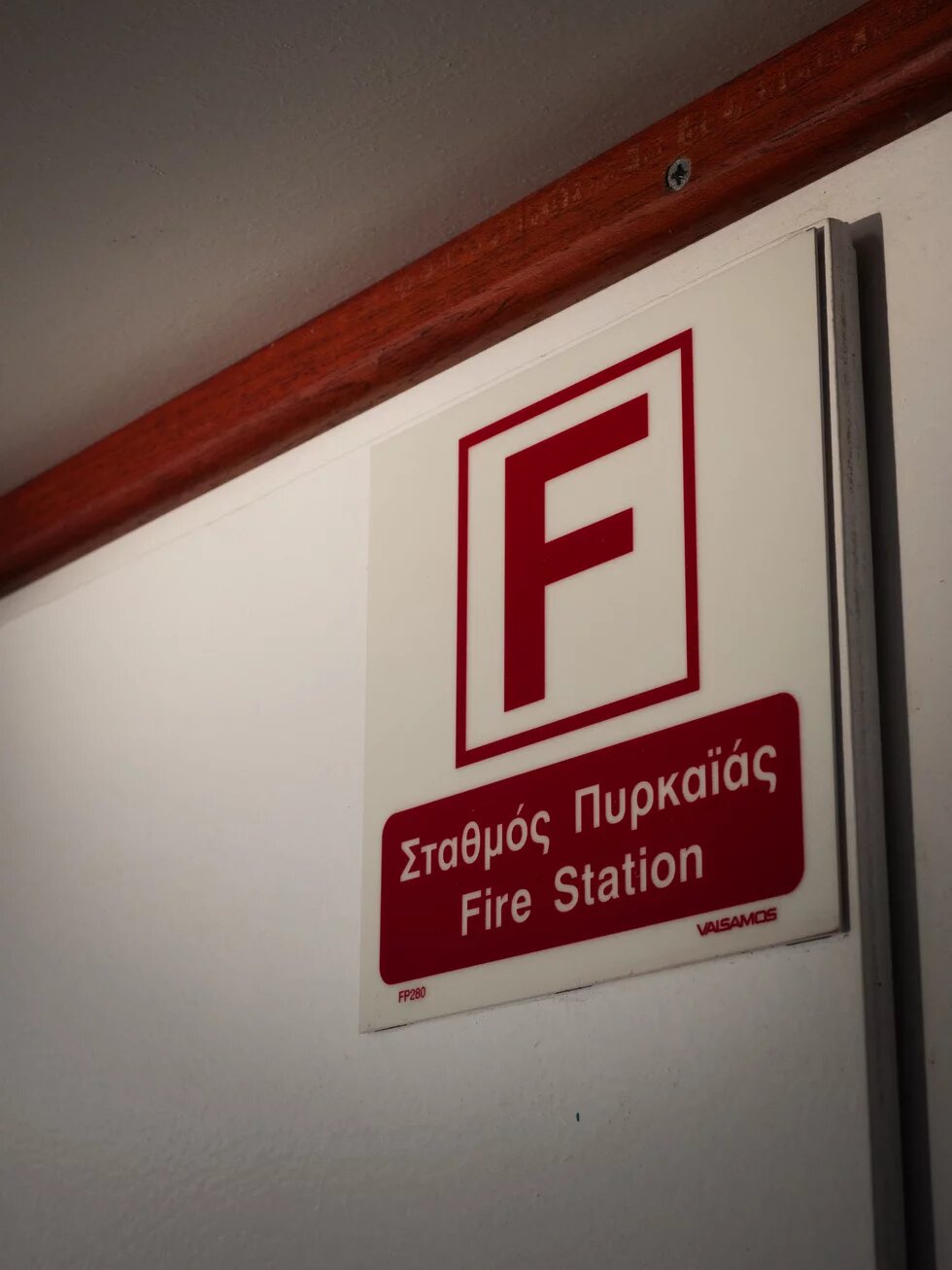

Kyriakos Karabelas, a sturdy man with glasses, a thick beard, and a blue work suit splattered with white paint, stands on the deck of his boat, methodically painting the floor a deep blue and the railings a crisp white. It is spring, and he is preparing his vessel, the “Elisabeth,” for the tourist season. Soon, thousands of travelers will board this ship, eager to experience the golden beaches of the northern Sporades. During these summer days, Kyriakos will swap his paint-splattered blue overalls for a spotless white shirt with “Elisabeth Cruise” emblazoned on the back, as he dances to ABBA tunes with his guests. The company, a family-run business, thrives on the natural splendor of the Aegean Sea and the magic of a region that famously served as the backdrop for the movie Mamma Mia.
But in September 2023, nature revealed its harsher side. The turquoise, crystalline waters of the Aegean turned into a raging, brown torrent as floods ravaged the city of Volos. The tide swallowed streets and homes, leaving devastation in its wake. State emergency services were overwhelmed, and desperate calls for help poured in from trapped residents. Could he use his boat, the Elisabeth, to save lives? That was the question when Konstantinos Demetriou, founder and operator of Elisabeth Cruise, received an urgent call from state authorities. He quickly mobilized his fleet of four boats, sending out his captains, including Kyriakos, to aid in the rescue efforts.
But as Kyriakos stepped outside his home, he faced a grim reality: the street in front of him had transformed in to a rushing river. He improvised, tying a garden hose around his waist, while his brother’s wife held the other end to anchor him. The current was strong enough to sweep away a grown man, but Kyriakos managed to swim through the chaos, reaching the Elisabeth and preparing her for a mission unlike any other.
The iron-hulled Elisabeth plunged into the violent waters, now not as a vessel of leisure but a lifeboat. The waves crashed as high as four meters, towering over the deck and drenching the crew in relentless spray. “We saw water and sky, sky and water,” Kyriakos would later recall. That day, they rescued 140 people from two submerged villages and ferried them to the safety of Skiathos. Without electricity or running water on the island, Kyriakos and his crew shared the snacks from their tourist bar with the grateful survivors.
Kyriakos Karabelas often jokes that his last name literally translates into “black trouble”. It was a name that seemed at odds with his joyful demeanor, as he danced with tourists on deck or sprang into action when the waters raged. “Black trouble,” indeed, but trouble for the storms and flames, not for the people he saved. When asked if such rescues were not a job for the fire department or the military, he simply smiled and said, “No, it is a job for humanity.”
It was not the first time the Elisabeth had become a vessel of salvation. In 2021, wildfires ravaged the island of Evia. Flames scorched the land, and the sky darkened with ash. Once again, the Elisabeth transformed, sailing to Evia to rescue people who had fled into the sea to escape the inferno. By day, Kyriakos and his crew entertained tourists, dancing to “Money, Money, Money” and “Dancing Queen.” By night, they became first responders, scrubbing black soot stains from the hull before welcoming a new wave of vacationers in the morning.
This dual existence - joyful entertainers by day and lifesavers by night - continues to shape their lives. The Elisabeth, like her captain, bears the scars of a landscape in turmoil. Yet each morning, they transform anew, ready to offer both an escape into paradise and a lifeline when the sea demands more.

